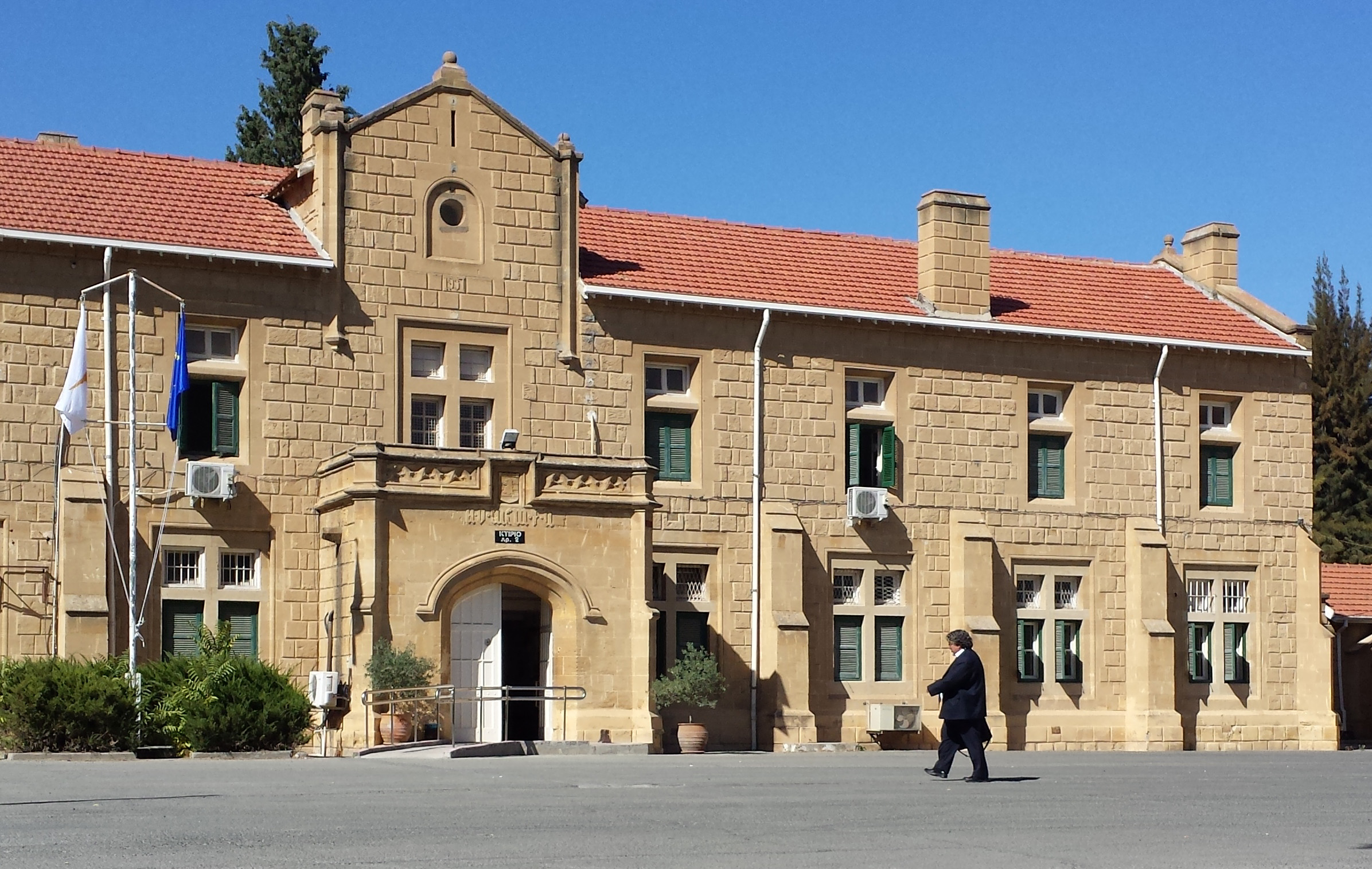Two men accused of being part of a serious criminal network will remain in custody until their trial in September, after the court of appeal rejected their appeals last week, it emerged on Monday.
The men are facing charges including sexual exploitation of adults, involvement in organised crime and kidnapping with intent to cause serious harm.
The offences were allegedly committed across Cyprus, Bulgaria and Germany.
The Nicosia district court had earlier ruled that the suspects should stay in custody until September 12, when they are due to appear before the criminal court. The prosecution argued that the suspects posed a flight risk and could influence witnesses if released.
The Court of Appeal unanimously agreed with the lower court’s decision, noting the seriousness of the offences and the potential penalties involved.
If convicted, the men could face up to 25 years in prison for sexual exploitation under Cyprus’ 2014 law on human trafficking, and up to 14 years for kidnapping under the penal code.
The charges include conspiracy to commit a felony, sexual exploitation of adults, participation in a criminal organisation, and the unlawful deprivation of liberty.
According to the case file, the accused are believed to have operated from the year 2000 up to July 4.
Prosecutors said the men conspired to traffic and exploit an adult woman from Bulgaria. The woman claims she was forced into prostitution in both Bulgaria and Germany by the first accused.
After escaping to Cyprus, she was allegedly tracked down, abducted and sexually abused with the help of the two other accused.
The appeal judges highlighted that the offences are not only legally serious but also deeply harmful. They said the crimes struck at the dignity and personality of the victim, and such crimes are worryingly on the rise.
The court also noted that the defendants had weak ties to Cyprus and that the risk of fleeing before trial was real, given the weight of the charges and the likelihood of a harsh sentence.
In its ruling, the Appeal Court stressed that public interest outweighed the suspects’ right to freedom under these circumstances.







Click here to change your cookie preferences